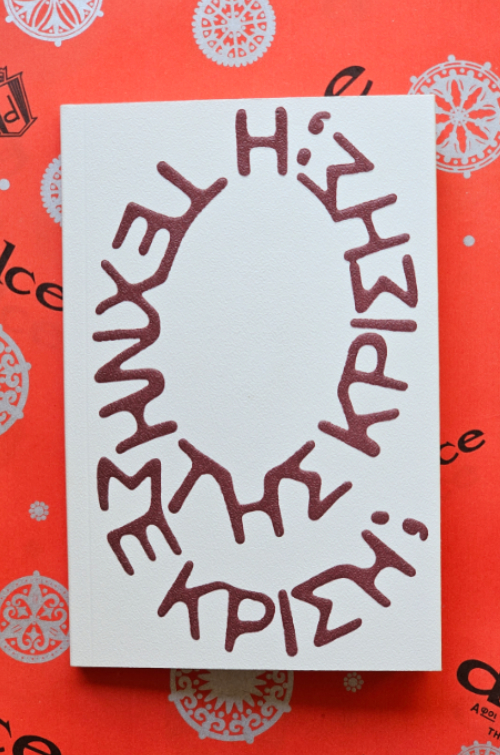
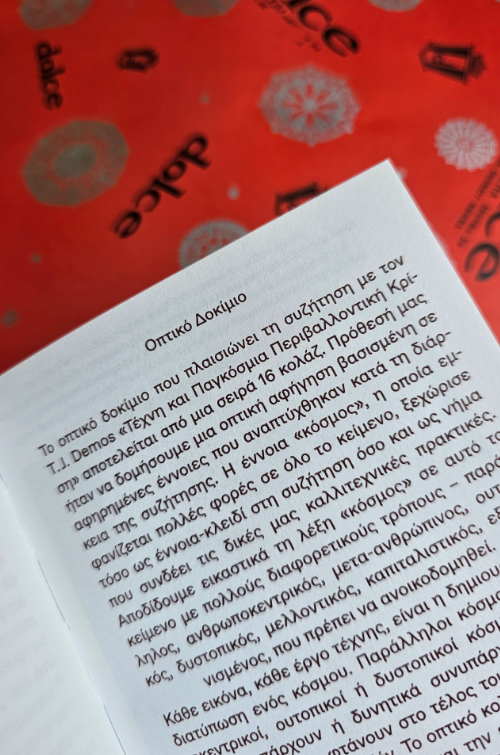
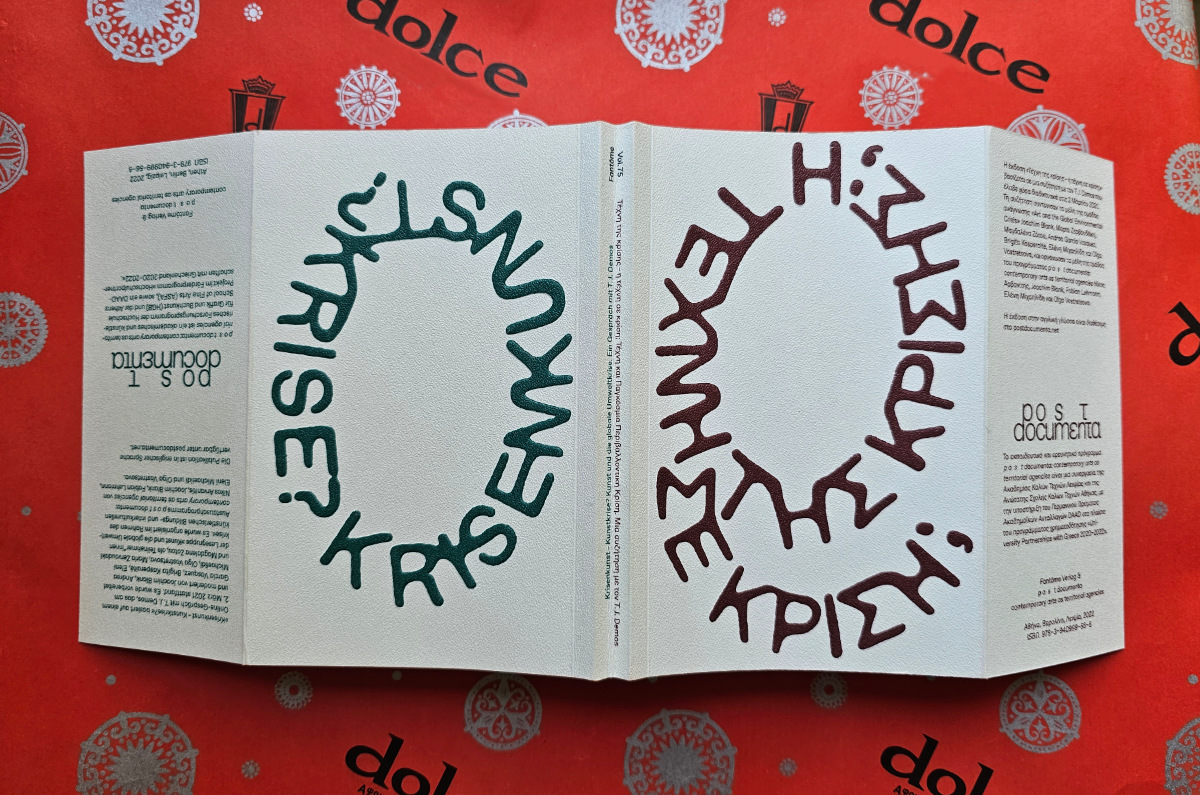
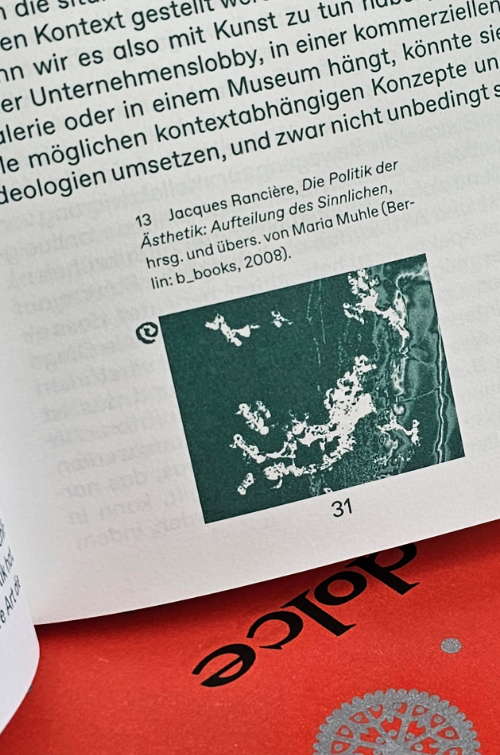
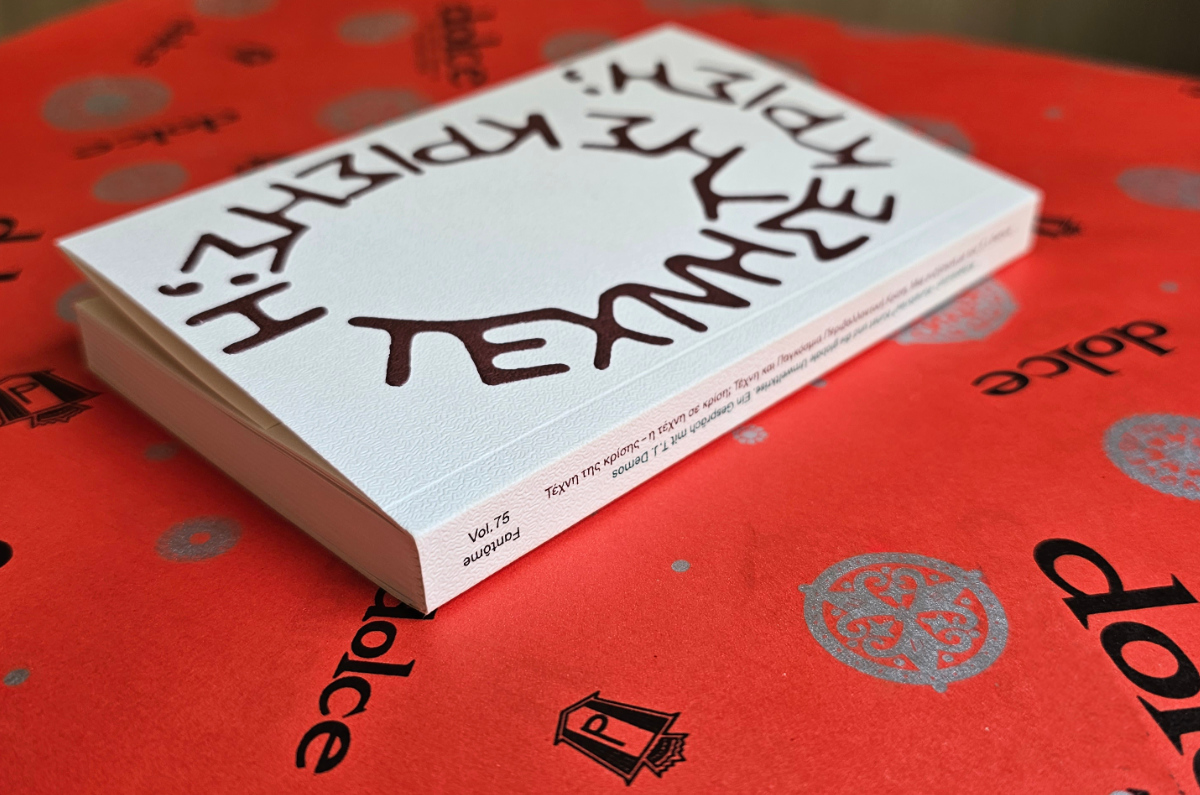
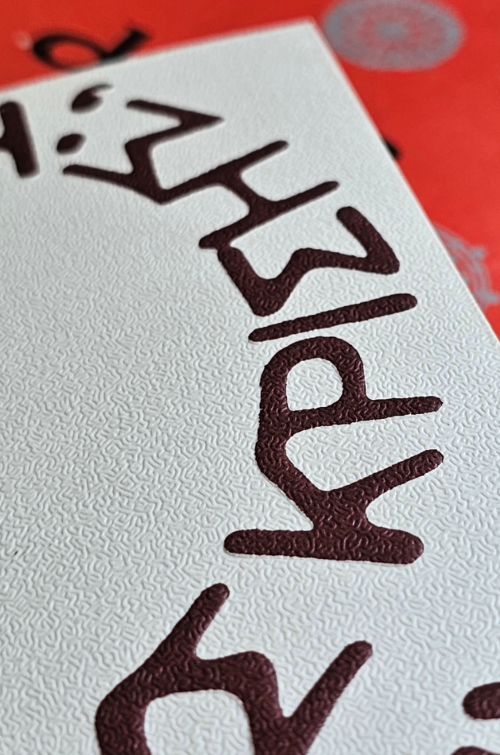
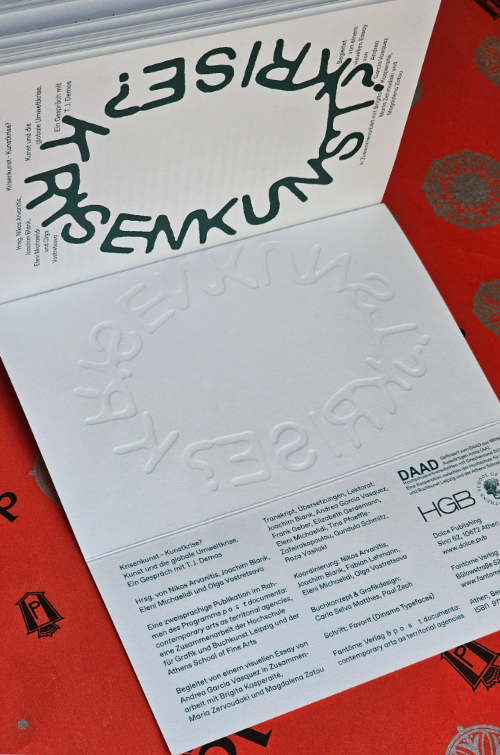
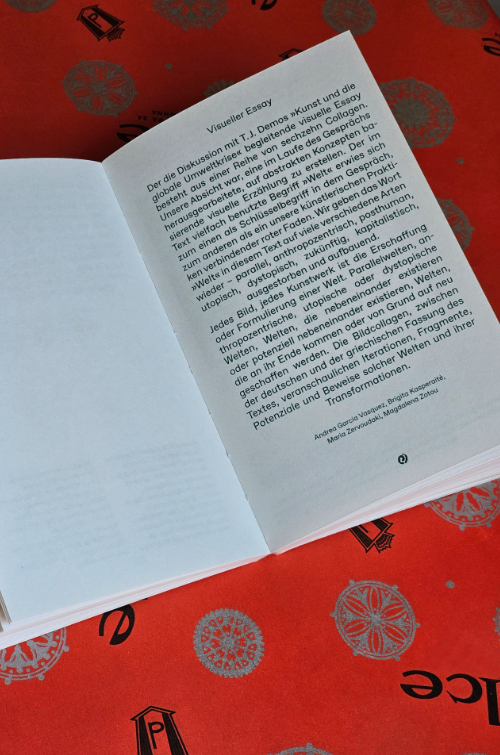
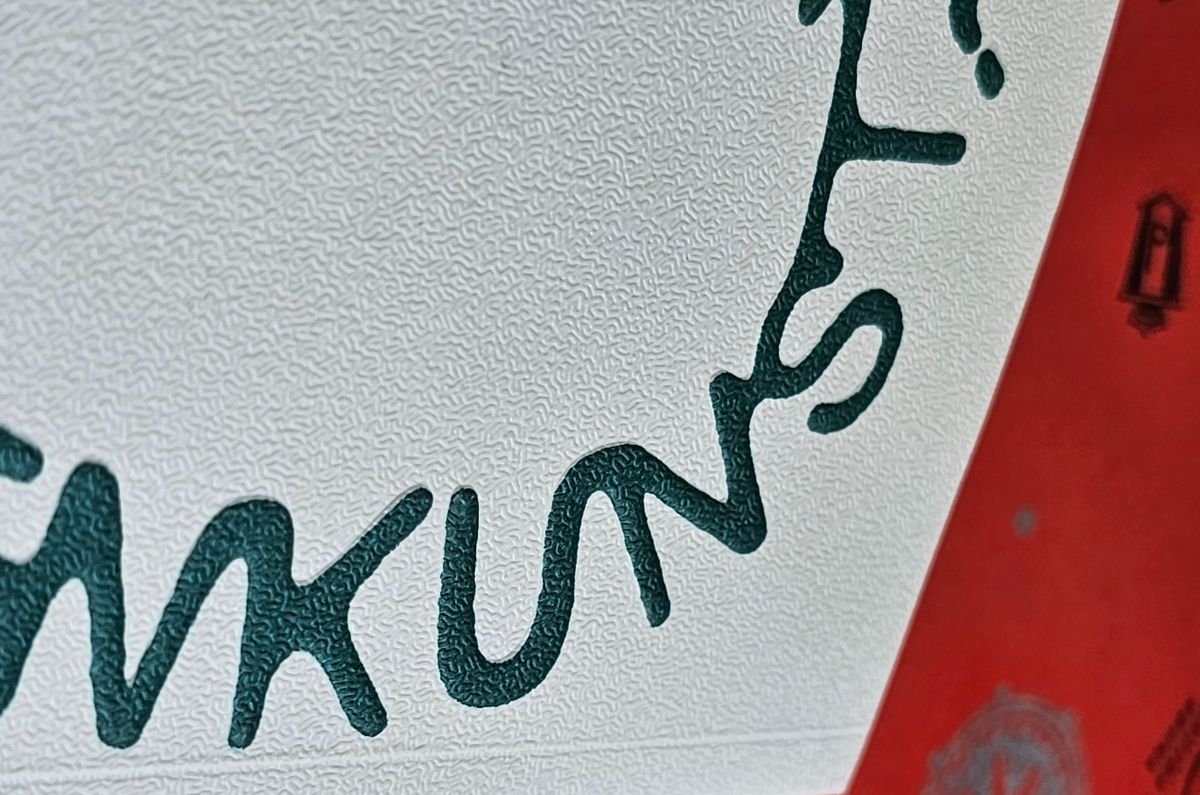
Krisenkunst – Kunstkrise?
€15.00
Art and the Global Environmental Crisis.
A Conversation with T. J. Demos
How can dystopian thinking be transformed into positive forces for a common future? There are no easy answers to this question, yet it is imperative to engage with it in order to contribute to a more sustainable and socially just world. The publication “Krisenkunst – Kunstkrise?” deals with this complex topic in the form of a dialogue with author and theorist T. J. Demos.
Led by young artists and academic staff from the Academy of Fine Arts Leipzig and the Athens School of Fine Arts, this dialogue took place in the frame of the program p o s t documenta: contemporary arts as territorial agencies. Conceived as a platform for experimental modes of art education, production, dissemination, collaborative practice and critical discourse, the program established an intercultural exchange between Leipzig and Athens over a period of three years (2020-22). In this framework, T. J. Demos was invited to discuss the relevance and potential of artistic creation in the context of the global environmental crisis and the search for new perspectives between art, ecology, and politics. For T. J. Demos, the current climate emergency is first and foremost a political crisis that must be confronted through an intersectional approach for a future worth living.
Throughout the conversation, “world” turns out to be a key concept that evokes the most diverse meanings – parallel, anthropocentric, post-human, utopian, dystopian, future, capitalist, extinct, and constructive. The visual essay accompanying the text was inspired and structured around these meanings: 16 collages illustrating iterations, fragments, potentials, and evidence of worlds and their transformations.
T.J. Demos writes about contemporary art and global politics. He is Professor in the Department of the History of Art and Visual Culture at University of California, Santa Cruz, and founding Director of its Center for Creative Ecologies. He researches the intersection of visual culture, radical politics, and political ecology, and is the author of numerous books, including Radical Futurisms: Ecologies of Collapse, Chronopolitics, and Justice-to-Come(Sternberg, 2023); Beyond the World’s End: Arts of Living at the Crossing (Duke, 2020); Against the Anthropocene: Visual Culture and Environment Today (Sternberg, 2017); and Decolonizing Nature: Contemporary Art and Political Ecology (Sternberg, 2016). He recently co-edited The Routledge Companion on Contemporary Art, Visual Culture, and Climate Change (2021), was a Getty Research Institute Fellow (Spring 2020), and directed the Mellon Foundation-funded Sawyer Seminar research project Beyond the End of the World(2019–21). Demos is also Chair and Chief Curator of the Climate Collective, providing public programming related to the 2021 Climate Emergency > Emergence program at the Museum of Art, Architecture and Technology (Maat) in Lisbon.
https://tjdemos.sites.ucsc.edu/
p o s t documenta: contemporary arts as territorial agencies was an educational and artistic research program of the Academy of Fine Arts Leipzig and the Athens School of Fine Arts, funded by the German Academic Exchange Service (DAAD) in the frame of “German-Greek Academic Partnerships 2020-2022.”
Edited by Nikos Arvanitis, Joachim Blank, Eleni Michaelidi and Olga Vostretsova
Verlag Fantôme Vol. 75
152 pp., 10,5 x 16 cm
german/greek
distribution: Fantôme Verlag https://fantome.de/ & DOLCE Publishing https://dolce.pub/
ISBN 978–3–940999–56–6
1 free cake for orders >55€
Next shipping date: 2nd of September
